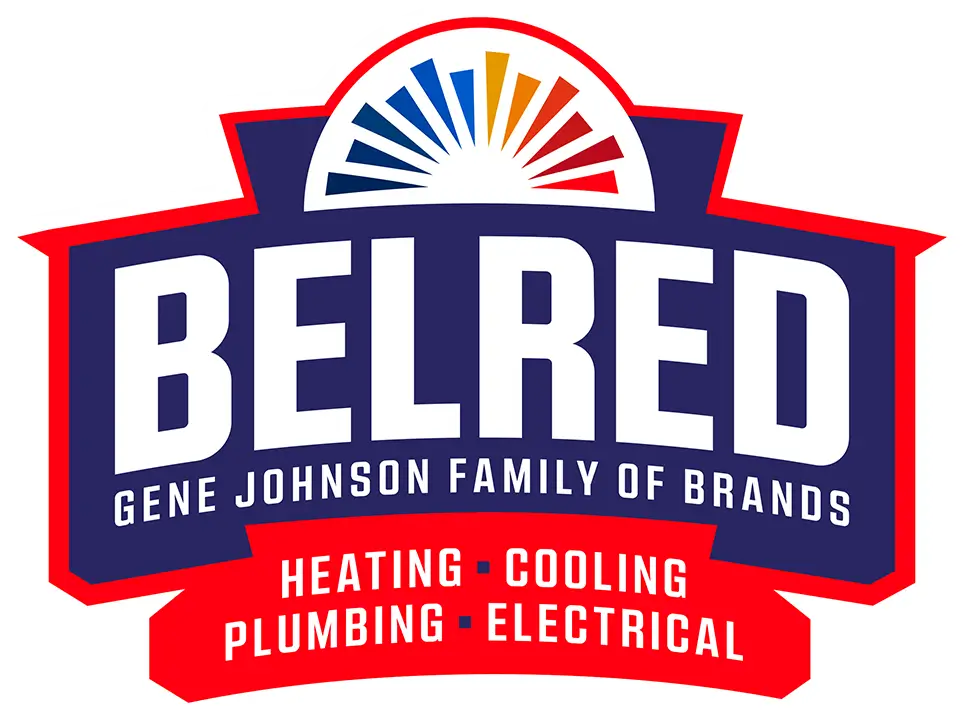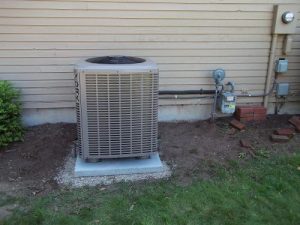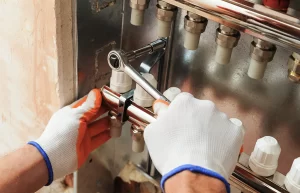Hybrid water heaters are often not first thought of when thinking or talking about water heaters for the home, but perhaps they should be. ”Hybrid” is most often related to cars in the eyes of the consumer and that same concept for isn’t far off when it comes to water heaters. While the “hybrid” methods used in these water heaters don’t use gas and electric combinations like the vehicles do, they can provide big savings and other benefits for their owners.
A hybrid water heater provides the best traits of a tankless water heater without most of their drawbacks. Like a large tank water heater, hybrids have a large supply of hot water ready to be used at any time, but aren’t energy hogs like their counterparts. Homeowners who have recently had hybrid models installed in their homes see a big difference in their monthly gas or electric bills as compared to their old regular tank water heaters. Remember, water heaters can account for a larger percentage of energy usage in your home than you’d think, so upgrading to efficient equipment can be hugely beneficial.
So, what about comparison to a tankless water heater? Perhaps most importantly to a homeowner seeking convenience, the hybrid models do not require additional wait time for hot water like tankless water heaters require. Also unlike tankless water heaters, hybrids work in power outages. Hybrid models can also be used with recirculation pumps for even faster hot water response times. These hybrid systems usually don’t need expensive gas piping, venting, gas meter or supply line upgrades to work properly, like many tankless systems do upon installation. Perhaps what’s best when it comes to installing and retrofitting a hybrid water heater system—they fit the same footprint as most traditional 40-gallon water heaters.
Similar to the traditional tank-type water heaters, hybrid water heaters maintain heat and water pressure in a tank (though this tank is much smaller than the traditional tanks). And, like the tankless water heaters on the market today, these systems offer high output of hot water in an energy-efficient manner. The tank on the average hybrid water heater system can be ½ the size or less of a normal hot water tank. These small tanks allow hybrids to temper incoming cold water. Therefore, they only have to increase water temperature from warm to hot as opposed to tankless which has to raise completely cold water to hot.
While comparisons of tankless vs. tank water heaters have seen mixed reviews from some organizations, it’s quite apparent that hybrid water heaters are undoubtedly more efficient systems. In fact, overall efficiency for these systems averages around 86% – as compared to 80% and 60% efficiency averages for tankless and tank water heaters, respectively.
For more general information on the efficiency and benefits of a hybrid water heater, head over to the BelRed page dedicated to these systems. For product specifics and more detailed information, check out our fact sheet or data sheet on our hybrid water heaters. If you’re interested in exploring the installation of a hybrid water heater, you can contact us today.







